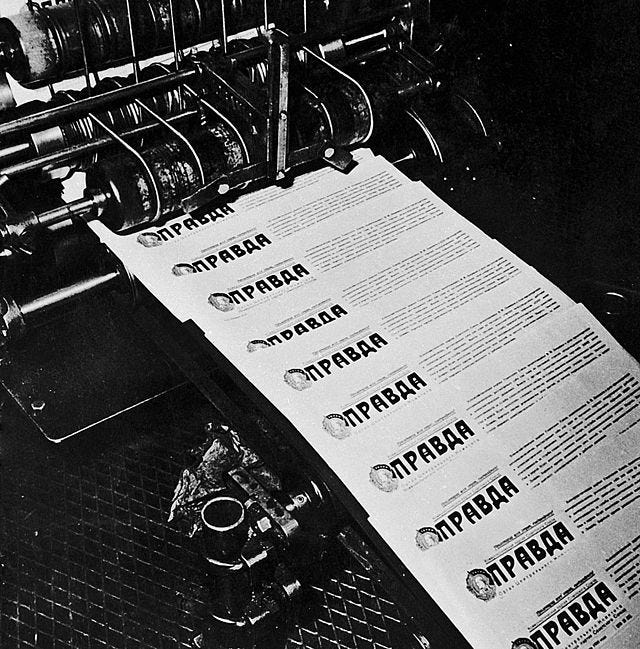Thanks again to the California Globe for running this piece. You can visit the website at: https://californiaglobe.com/

With the massive government-coordinated censorship programs in place and the mainstream media questioning any defense of the First Amendment, it would seem freedom of the press is on its back foot of late.
But Thursday, the House of Representatives – on a bi-partisan voice vote – passed the PRESS Act brought forward by Rep. Kevin Kiley, (R-Rocklin), and Democrat Rep. Jamie Raskin (MD).
PRESS stand for “Protect Reporters from Exploitative State Spying” and the bill does just that, specifically “shielding journalists from court-ordered disclosure of information about a source and what the source told them unless disclosure of the protected information is necessary to prevent, or to identify any
perpetrator of, an act of terrorism against the United States, or necessary to prevent the threat of imminent violence, significant bodily harm, or death, including specified offenses against a minor.”
Additionally, the bill expands the definition of who is a member of the press and bars secret government efforts to finagle information from reporters, including seizing reporters’ records https://apnews.com/article/politics-business-government-and-politics-67ac2f4f96b2dfd7f47446662e59ec6e. It is hoped the bill will also curtail the practice of federal agencies pressuring to the point of jailing reporters to get them to reveal news sources https://www.cato.org/commentary/barack-obamas-war-free-press#.
“Liberty depends on the freedom of the press. Journalists are often the first to expose government fraud, waste, abuse and encroachments on personal freedoms. A critical aspect of the freedom of the press is the pursuit of truth without government entanglements or intimidation,” Kiley said. “Administrations from both political parties have unjustly targeted journalists and used compulsory process to obtain information from them about their sources. Most states have protected journalists from such interference, and it is past time for Congress to do so as well.”
As to “most states” having a form of shield law protecting reporters, it’s more than most – it’s 49 in fact, with only Wyoming having no formal law.
“Journalists shouldn’t be forced to choose between burning their sources or going to jail,” said Freedom of the Press Foundation Director of Advocacy Seth Stern. “With the House’s bipartisan vote approving the PRESS Act, Congress comes one step closer to providing powerful protection against surveillance of journalists.
Not only does the measure have bi-partisan Congressional support, it also has been endorsed by numerous industry and advocacy groups, from the ACLU to the National Association of Broadcasters.
Raskin – who taught Kiley at Yale – has been working on a similar bill for more than five years was pleased it has now passed.
“Our Constitution provides that no law shall abridge the freedom of the press and inspires us to protect journalists against government overreach and abuse of the subpoena power,” Raskin said. “Our bipartisan PRESS Act vindicates the promise of journalistic freedom.”
The bill has identical companion legislation in the Senate where it also enjoys bi-partisan support and is expected to pass easily.
“With Thursday’s vote, America moves closer to establishing our first federal press shield law. This legislation protects the constitutional promise of a free press and vindicates our founding principle of journalistic freedom for a self-governing people,” Kiley said. “The PRESS Act will finally create a federal statutory privilege to protect journalists from being compelled to reveal confidential sources and to prevent the abuse of subpoena power. Reporters depend on discretion and confidentiality to keep the American public informed, and should never have to worry that their emails or phone records will be subject to compulsory process.”



